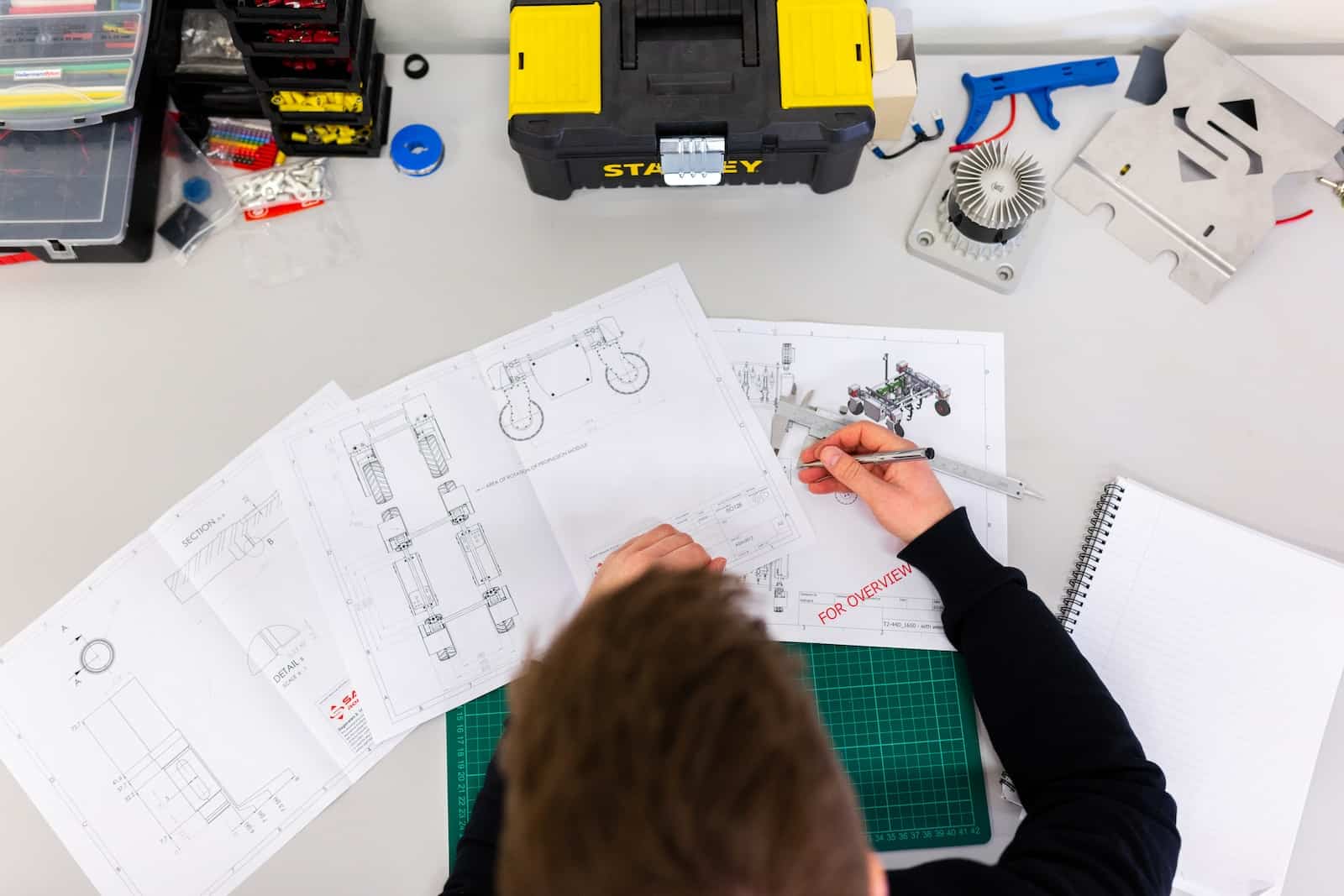As the world moves towards sustainable development, biodiversity has become crucial in every industry, including engineering. Biodiversity refers to the variety of living organisms and their interactions with each other and the environment. Engineers need to understand how their work impacts biodiversity and how they can contribute to its conservation.
A trustworthy environmental engineering degree teaches students to design and develop systems that use natural resources efficiently without harming the environment. However, this is not enough, as engineers need to understand how these systems interact with nature. This article will explore why engineering students need to learn about biodiversity and how it can impact their future careers.
Table of Contents
Understanding Biodiversity: What It Is and Why It Matters
Biodiversity is a term used to describe the diversity of life on Earth, encompassing everything from different species of animals and plants to the ecosystems they inhabit. This diversity is essential for maintaining a healthy planet and providing us with resources we rely on daily. As an engineering student, you may wonder why understanding biodiversity should matter to you.
Engineers are often called upon to design infrastructure and technology interacting with the natural world. These designs must consider various species’ needs and habitats to minimize negative impacts and ensure long-term sustainability. Without a solid understanding of biodiversity, it becomes difficult for engineers to make informed decisions about how their work will affect the environment.
How to Integrate Sustainability into Engineering Studies?
Sustainability is a crucial topic in the modern world, and engineering students have an essential role in its implementation. However, achieving sustainability goals requires more than just technical expertise; it also needs an understanding of biodiversity. Biodiversity refers to the variety of life on Earth and the relationships between different species. It impacts everything from ecosystem health to human well-being.
A multi-disciplinary approach is necessary to integrate sustainability into engineering studies with biodiversity. The curriculum should include environmental science, ecology, and conservation biology courses and traditional engineering subjects such as materials science or thermodynamics. By integrating these topics, students will understand how their work can impact ecosystems and learn how to mitigate these effects through sustainable design practices.
Eco-Friendly Engineering Projects That Positively Impact Biodiversity
The world is increasingly aware of human activities’ impact on our environment. As a result, an increased focus has been on eco-friendly engineering projects aiming to impact biodiversity positively. These projects are designed to reduce the negative effects of human activity while promoting sustainable living practices.
The construction of green roofs and walls in urban areas
One notable project is the construction of green roofs and walls in urban areas. These structures provide much-needed habitat for insects, birds, and other small animals in areas depleted by urbanization. They also help regulate temperature, improve air quality, and reduce energy consumption by providing building insulation.
The construction of artificial reefs in oceans and seas
Another eco-friendly engineering project that positively impacts biodiversity is the construction of artificial reefs in oceans and seas around the world. These reefs provide shelter for marine life and create new habitats where none existed before.
Working With Organizations to Support Conservation Efforts
As an engineering student, there are plenty of opportunities to work with organizations that support conservation efforts for biodiversity. One way to get involved is through internships or co-op programs that partner with conservation-focused organizations.
In addition, many universities offer courses and research projects focusing on sustainable engineering practices. You can learn about cutting-edge technologies and techniques that promote conservation efforts while earning your degree through these initiatives. Engineering students can positively impact the world while pursuing their academic goals by working with organizations dedicated to environmental stewardship.
